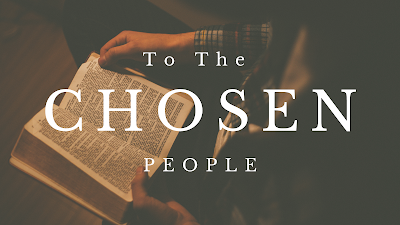Have you ever ached to be truly known? Not the polished version you show the world—the forced smiles and small talk—but the raw, unfiltered you, with all your quirks, fears, and unspoken dreams? I know I have. When I share a piece of my heart with someone, what I’m really longing for isn’t just to be heard, but to be accepted—fully, as I am.
That deep, universal hunger finds its answer in Psalm 139. Let’s explore this breathtaking passage and discover a God who knows us inside out—and loves us beyond imagination.
The God Who Searches Us
“You have searched me, Lord, and you know me.” – Psalm 139:1
Right away, the Psalmist drops a bombshell: God doesn’t just notice us—He pursues us. He knows my every move—the quiet mornings with coffee in hand, the restless pacing over a tough call, even the words I’ll write before they form. It’s not a distant glance; it’s an active, tender gaze, like a parent watching their child with quiet joy.
Sometimes, that intimacy unnerves me—God seeing every flaw, every doubt. But the Psalmist calls it “wonderful” (v. 6). Why? Because this isn’t a judge keeping score; it’s a Father weaving a love story through every step of our lives—mine and yours.
The God Who Stays
“Where can I go from your Spirit? Where can I flee from your presence?” – Psalm 139:7
There’s no escaping God. Soar to the heavens? He’s there. Plummet to the depths? He’s waiting. Bury myself in doubt’s shadows? Even there, “the darkness is not dark to you” (v. 12).
This isn’t a pursuit to trap us—it’s a promise to hold us. I’ve felt loneliness so heavy it pinned me down, but Psalm 139 whispers: You’re never alone. His presence doesn’t just linger; it pierces our gloom with light. Wherever you are right now—on a peak or in a pit—He’s right there with you.
The God Who Crafts Us
“You knit me together in my mother’s womb… I am fearfully and wonderfully made.” – Psalm 139:13–14
This stops me cold. Imagine God as a master artisan, shaping you with care—your laugh, your passions, even the flaws you’d erase. He mapped out your days before your first breath and declared, This is good.
I don’t always feel “wonderful”—mirrors and comparisons can steal that truth. But our worth isn’t fragile; it’s forged by our Creator. You’re no accident or rough sketch—you’re a masterpiece, intentional and irreplaceable.
The God Who Welcomes Us
“Search me, God, and know my heart; test me and know my anxious thoughts.” – Psalm 139:23
Here’s the gut punch: the Psalmist doesn’t just marvel at God’s knowledge—he begs for more. That’s bold. It’s laying bare the mess—the buried hurts, the dodged fears—and saying, I trust You with it.
Why dare that? Because God’s love is a safe harbor, not a courtroom. He’s not here to condemn; He’s here to mend. So I’ve been asking: What’s hiding in my heart? What’s in yours? His love chases out fear, making room for us to be real.
The God Who Treasures Us
“How precious to me are your thoughts, God! … Were I to count them, they would outnumber the grains of sand.” – Psalm 139:17–18
Pause and breathe that in. God’s thoughts about you aren’t harsh or fleeting—they’re precious, endless, drenched in love. This isn’t a passing fondness; it’s an unshakable vow.
When we hand Him our broken pieces, we don’t just get grace—we get a Father who delights in us, no strings attached.
Living Known and Loved
So where does this leave us?
Psalm 139 says you’re known—every breath, every stumble. You’re never alone, even in the blackest night. You’re crafted with purpose, called wonderful. And you’re invited into a love that changes everything.
You—yes, you, right now—are seen and cherished by the Creator of all things, not for what you’ve earned, but for who He is.
Take a moment today. Sit with that. Ask God to search your heart—what’s He stirring? A wound to heal? A fear to release? Trust Him with it. Let His love redefine how you see yourself and how you step into the world.
Father, thank You for knowing us completely and loving us fiercely. Search us, Lord—reveal Your heart. Give us courage to rest in Your love and live as Yours. Amen.








